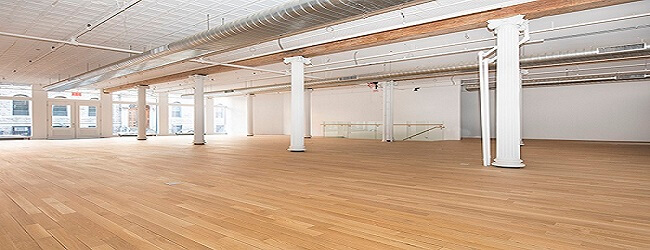
Many tenants shopping for commercial space in New York to not realize that, unlike residential real estate, everything is negotiable. Once an offer on a space is put in on a property the landlord and the tenant will often compromise on many points before a deal is struck. It is very important to recognize however, that “if you don’t ask then you will never receive” at the negotiating table. That is why it is so important to know what to ask for. Below are listed what we believe are the five most important points to negotiate.
The vast majority of office rental prices are “asking rents”. Tenants should expect to receive a lower rent, if they ask. Depending on the asking price and location, tenants can hope for a 5-10% discount. Of course landlords will be more stringent is highly desirable areas and more willing to negotiate on the less desirable.
Commercial spaces rarely come “as-is” considering the vast amount of varying business types and styles. Most landlords will provide a “face-lift” including fresh paint and refinishing/carpeting of floors on any new lease. However, depending on the length of the lease, tenants can request anything from demo work, offices, and new amenities to be incorporated into the deal.
Landlord look for 3-5 year leases on smaller spaces (under 2500SF) and tend to prefer 5-10 year leases on the larger spaces. The longer the lease however, the more concession a tenant can expect from the landlord. Construction is rare on three-year lease and basically the norm on a ten-year lease.
Yes, you’re reading that right. Moving can be an expensive headache for any business. It takes time to set up and start functioning in the new office. As a result, landlords will often grant a free rent period. Tenants can hope for between 0-1 month free on a three year and between 4-6 months free on a ten-year transaction.
Many tenants don’t realize that the deal is not struck when terms are met. The lease requires a negotiation of its own. The language in leases generally starts very landlord friendly but with proper review and negotiations, a compromise is almost always struck between the tenant and the landlord.
– David Goldberg, Managing Director